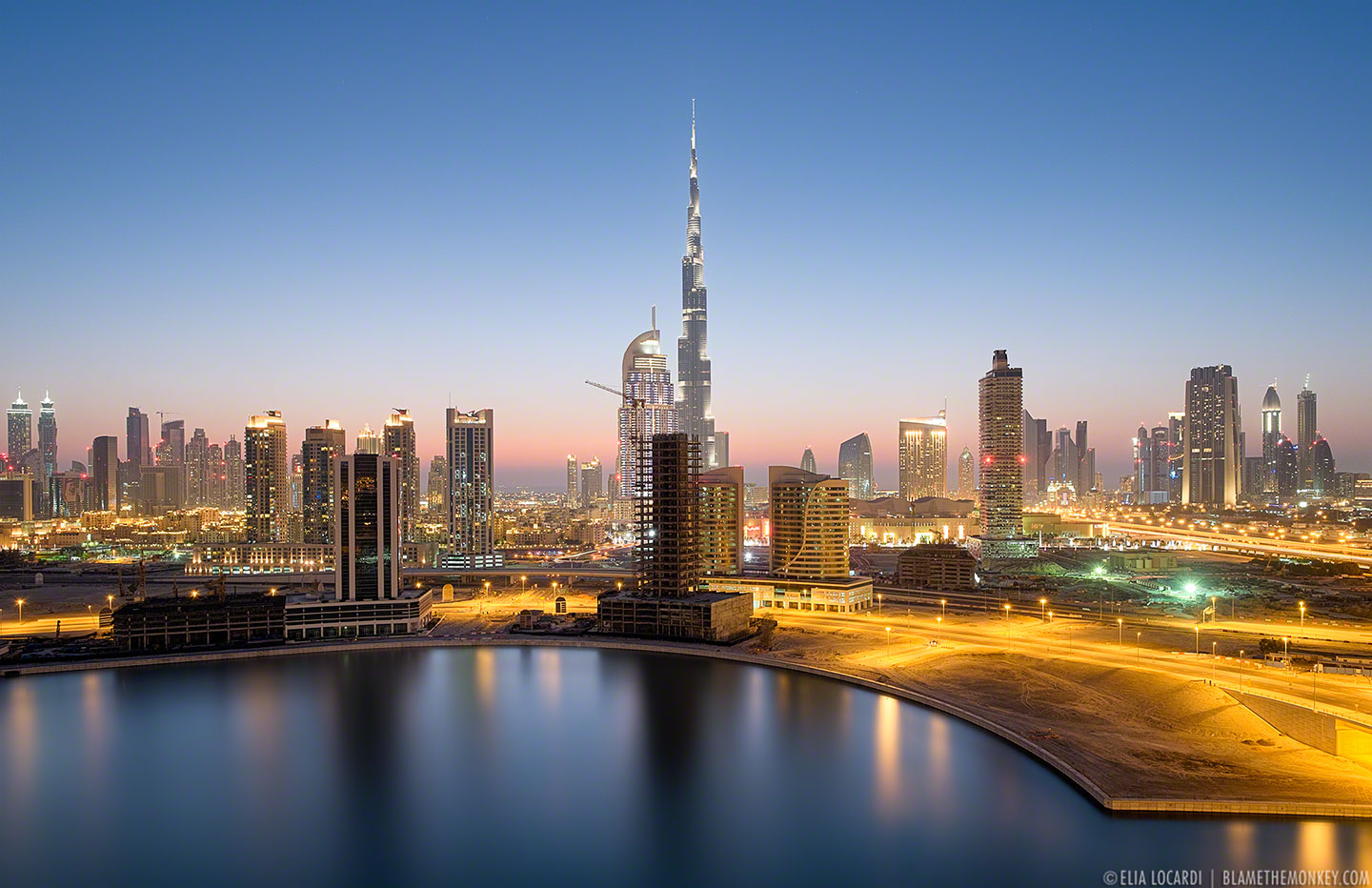Why people in Senegal pay a fortune for fancy sheep
“IF I HAD $100,000, I’d spend it all on sheep,” says Abib Seck, a sheep-dealer. Such enthusiasm is not unusual in Senegal. People there adore sheep. Not only are they delicious, they can also be status symbols. Every year during Tabaski, a religious festival, hundreds of thousands of them are sacrificed (and then gobbled up). Poorer families often take out crippling loans to buy one so they don’t lose social standing.
The latest craze is for a particularly fancy breed. Ladoum sheep are huge and majestic—rams can weigh as much as three grown men. Startlingly, they are also without wool (which is not a problem in west Africa as it is too hot to wear jumpers). Some Ladoum look more like small horses than sheep.
They are too valuable to be sacrificed to any god. Instead, dealers sell them to rich folk—businessmen, religious leaders and government ministers—who keep them as pets. They are so popular that there are beauty pageants for them on TV with prizes worth thousands of dollars. At an agricultural fair in Dakar, Senegal’s capital, well-heeled couples check the pedigree of sheep they see as an investment. Several dealers claim to supply the president of Senegal himself.
Prices for Ladoum sheep have rocketed. New breeders are flocking to the trade. Mr Seck bought his first three sheep in 2016 for a total of $8,500...























